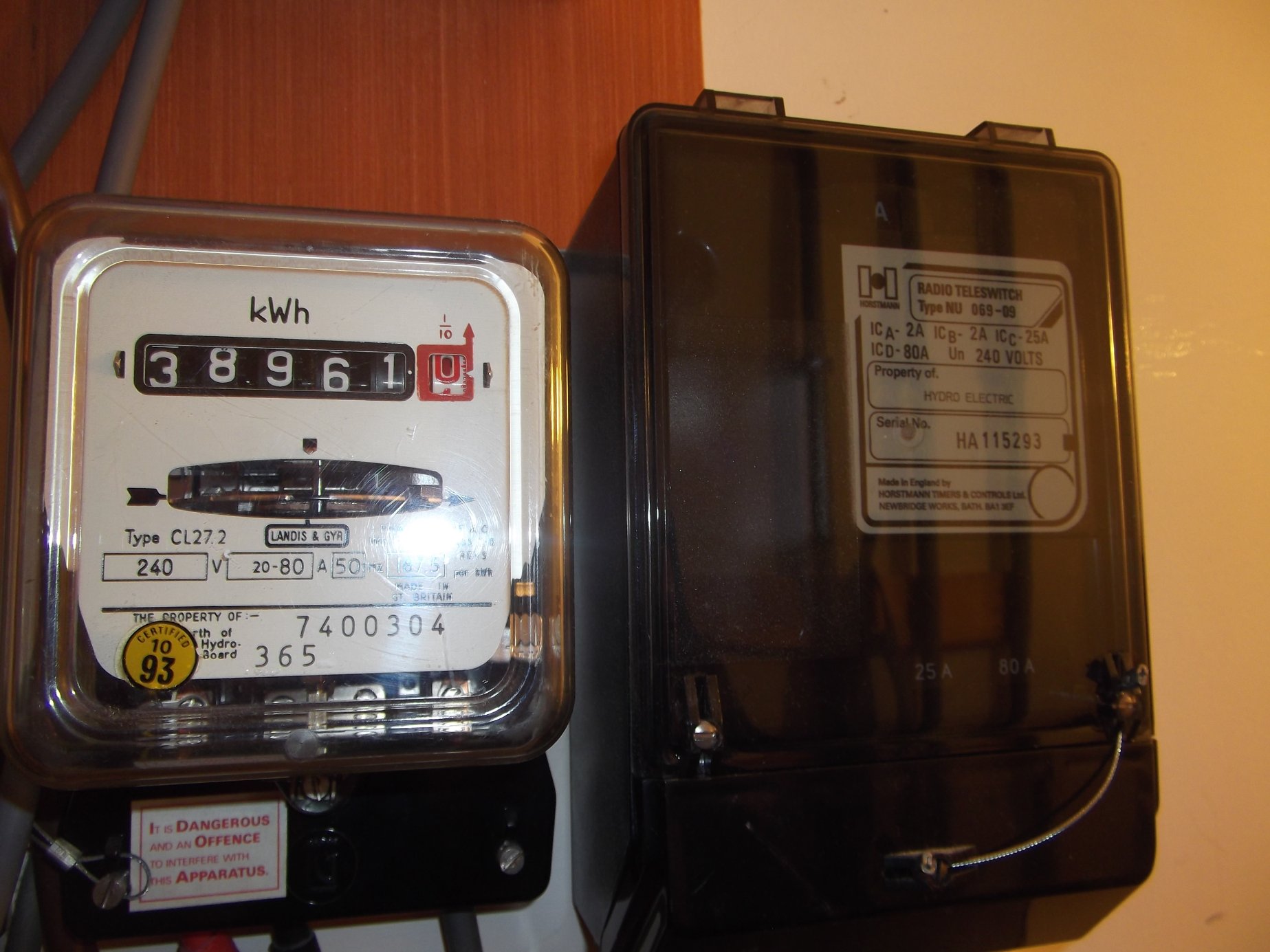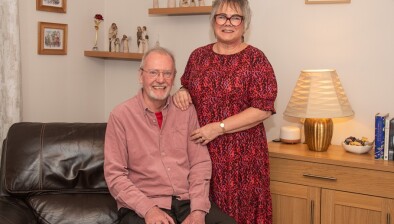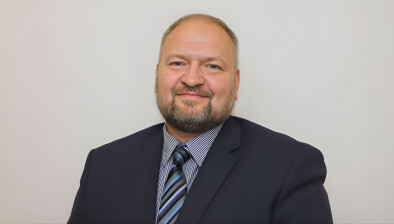Urgent call for RTS switch-off delay amid concerns for rural Scots

The Scottish Fuel Poverty Advisory Panel is calling for the Radio Teleswitch Service (RTS) switch-off to be delayed after fears from rural communities in Scotland that they will be left without heating or hot water because their current meters have not yet been replaced.
A new report - Fuel poverty in remote and rural Scotland: focus group analysis - produced by the Panel in association with energy advisory agencies ALIenergy, Scarf and Tighean Innse Gall, reveals deep anxiety from people in remote areas about the imminent switch off from 30th June.
The switch-off is the planned shutdown of the Radio Teleswitch Service (RTS), a legacy system used across Great Britain, but which is particularly common in Scotland, to control certain electricity meters and tariffs remotely via radio signals. It is being phased out because the radio technology is outdated, meaning all those still on the system need to upgrade to a modern solution such as a smart meter.
RTS meters may no longer work properly after the switch-off date, meaning that a customer’s heating and hot water supply could stop functioning. According to Ofgem, the most recent available data from suppliers shows that in January 2025, there were still 146,302 RTS consumers in Scotland who needed to have their meters replaced.
The report highlights concerns from householders that time has almost run out to get their meters changed over, and that not enough is being done to warn people about the switch-off.
The authors of the report spoke to focus groups in Aberdeenshire, Perth & Kinross, Highland, Argyll and Bute and Na h-Eileanan Siar.
They found many people felt that the switch off had been poorly advertised, and as a result, had real concerns for older and more vulnerable people - who could be left without heating, or with their heating permanently on, resulting in huge bills.
Lynda Mitchell, CEO at ALIEnergy (Argyll Lomond & the Islands Energy Agency), agreed: “We are extremely concerned, particularly for vulnerable households in remote rural areas who are most at risk.”
David Mackay, Co-CEO at Scarf, which is located in the North East, said: “While the campaigns to raise awareness of the RTS switch-off are a positive step, we’re extremely concerned that many vulnerable households remain unaware they’re affected. Some will face serious financial strain. Even worse, others could be left without warmth and hot water.”
According to the report, many of those people interviewed who said they were aware of the switch-off only knew about it because they had seen it on the Lorraine show. Of those that had been contacted by their supplier about the switch off, many assumed the letter was just telling them that they should get a smart meter and ignored it.
Those who had attempted to get an RTS meter changed spoke about the difficulties they faced saying:
- Contacting suppliers to discuss metering was not a straightforward process, with many spending an excessive time on hold.
- Many struggled to get an appointment with an engineer, particularly in more rural areas. When some did manage to get an appointment some found that their appointment was cancelled or the engineer did not turn up.
- They felt that energy suppliers don’t seem to know how to update or change old meters because there’s a lack of RTS-experienced/trained people.
- Some participants had received misinformation from energy suppliers who told them that because they are on the priority services register their electricity won’t be cut off.
- Others had struggled to identify if they had a meter impacted by the RTS switch off, and where participants had had engineers out to change meters, some had been told that they could not change two meters to one.
One participant, who switched over, said: “It was over seven months of regular monthly calls to the energy provider. Firstly, to see if the meter type I had was suitable for smart. Then once this happened around four months in, it took around another three months for an available engineer to attend.”
Matt Cole, chair of Scottish Fuel Poverty Advisory Panel, said: “Switch off of the RTS system should only happen once all critical RTS meters have been replaced: this removes the risk for households across Scotland, but particularly in many remote rural and island communities. The Panel recognises that the RTS service uses old technology and its time is limited, but the priority must be to accelerate replacement of old RTS meters with newer smart meters before the radio wave RTS service is switched off. Some of the most vulnerable households in acute fuel poverty live in remote rural areas where RTS meters are common and we cannot risk disrupting their energy supply.”







